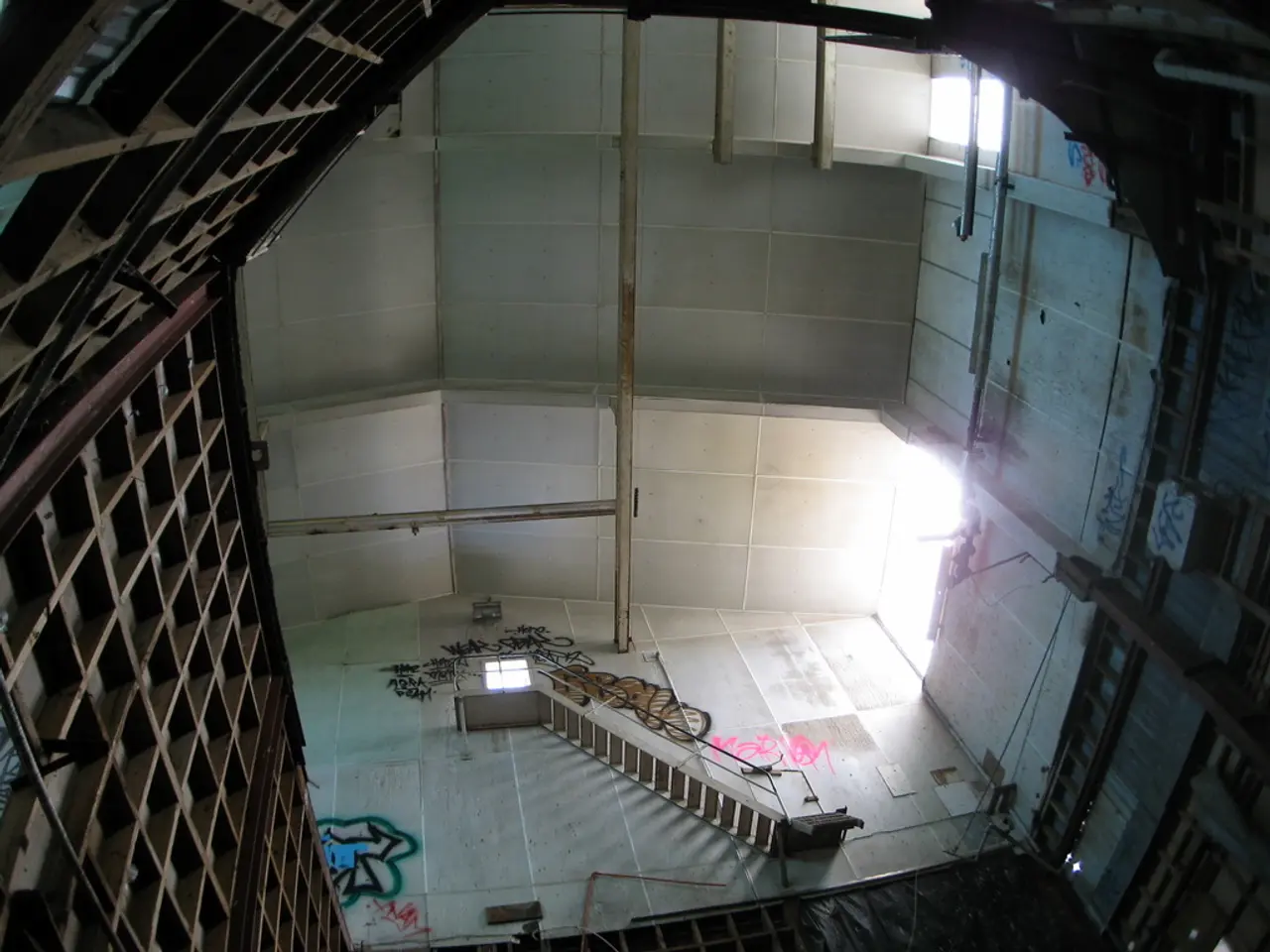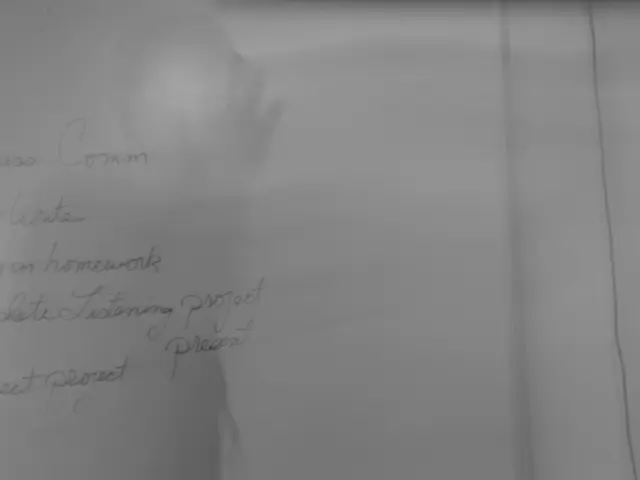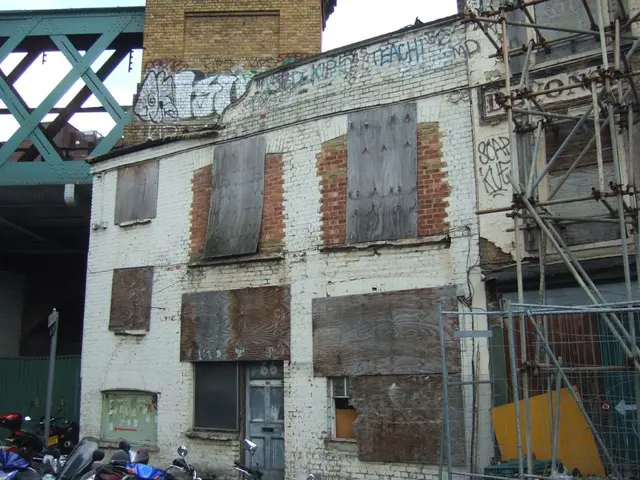Urges Expeditious Execution of European Union's Action Strategy for Steel and Metals
The European Union's Steel and Metals Action Plan, unveiled by the Federal Council, aims to bolster the competitiveness and sustainability of the steel and metal industry. The strategic plan concentrates on several key areas to address global challenges such as overcapacity, high energy costs, and climate targets.
At the heart of the Action Plan is the focus on trade protection and market safeguards. The plan proposes adjusting existing steel safeguard measures, with new trade measures slated for proposal by the third quarter of 2025. These measures are designed to provide robust protection against negative trade effects caused by global steel overcapacity, shielding European industry from unfair competition and market distortions [1][4].
Energy cost reduction and reform are also central to the plan. The European electricity market is to be strengthened, with a focus on power purchase agreements and contracts for difference to stabilise electricity prices. The Action Plan on Affordable Energy promotes lower electricity taxes, more efficient network charges, accelerated renewable energy deployment, faster permitting processes, and enhanced energy efficiency—all critical to reducing operational costs for steelmakers [1].
Decarbonization incentives are another significant aspect of the plan. The Carbon Border Adjustment Mechanism (CBAM) is reinforced, and scrap metal exports are restricted to ensure affordable feedstock for electric arc furnace (EAF)-based low-carbon steel production. Incentives are also introduced to boost demand for low-carbon steel, and energy cost subsidies are expanded to ease financial pressures on companies transitioning to cleaner production methods [3].
The plan aligns with broader EU industrial policy goals, integrating tools such as the Net-Zero Industry Act and the Critical Raw Materials Act to create a coherent framework that supports both decarbonization and modernization of the steel sector. Sustainable stainless steel is highlighted as a strategic asset for Europe's industrial resilience and climate ambitions [5].
In response to unilateral tariffs, notably by the US, the Commission has adopted and subsequently suspended retaliatory tariffs to protect European steel and aluminum imports, demonstrating a readiness to defend the sector in global trade disputes [1].
The states are advocating for counteracting unfair imports, and the federal government is expected to convene a steel summit with all affected companies and countries. The steel summit is intended to discuss ways to secure the future viability and competitiveness of the German steel industry.
Avoiding incentives for carbon leakage is a priority for the states, and a demand has been made for the rapid expansion of a cross-border hydrogen infrastructure to enable the steel industry to obtain green hydrogen at affordable prices. The expansion of the cross-border hydrogen infrastructure is proposed as a means to provide green hydrogen to the steel industry at affordable prices [2].
Illegal subsidies are a concern for the states, and current protective measures should be extended beyond their current end date in June 2026. Companies in the steel industry should be relieved of electricity costs by reducing network charges. The steel summit would involve discussions with companies from various countries, and the goal is to find solutions to reduce electricity costs for companies in the steel industry [6].
Saarland's Minister President Anke Rehlinger (SPD) has stated that such a meeting would be a strong signal. The states are calling for precautions to prevent the relocation of CO2 emissions abroad (carbon leakage). The swift implementation of the EU action plan for the steel and metal industry is advocated for by the Federal Council [7].
- The European Union's Action Plan for the steel and metal industry, as outlined by the Federal Council, emphasizes the importance of community policy in addressing the challenges faced by small and medium-sized undertakings (SMes) within the industry.
- Energy cost reduction and reform are focal points in the Action Plan, with an emphasis on providing support to SMes to lower their operational costs, as critical to their competitiveness and sustainability.
- The plan also addresses the issue of decarbonization, with incentives to promote the demand for low-carbon steel and the expansion of green hydrogen infrastructure to provide SMes in the steel industry with affordable green hydrogen.
- Politics plays a significant role in the Action Plan, with the federal government advocating for counteracting unfair imports and advocating for precautions to prevent carbon leakage, particularly in the context of global trade disputes and the relocation of CO2 emissions abroad.




